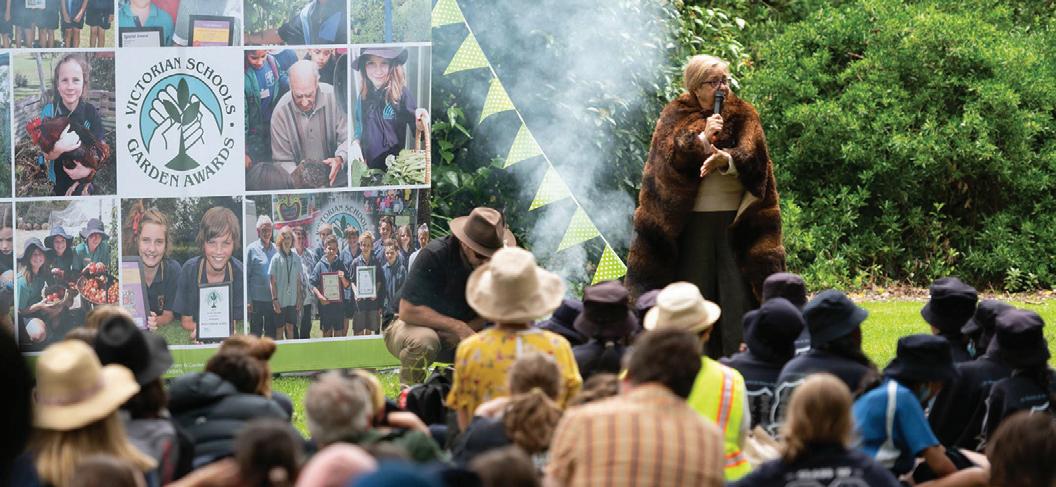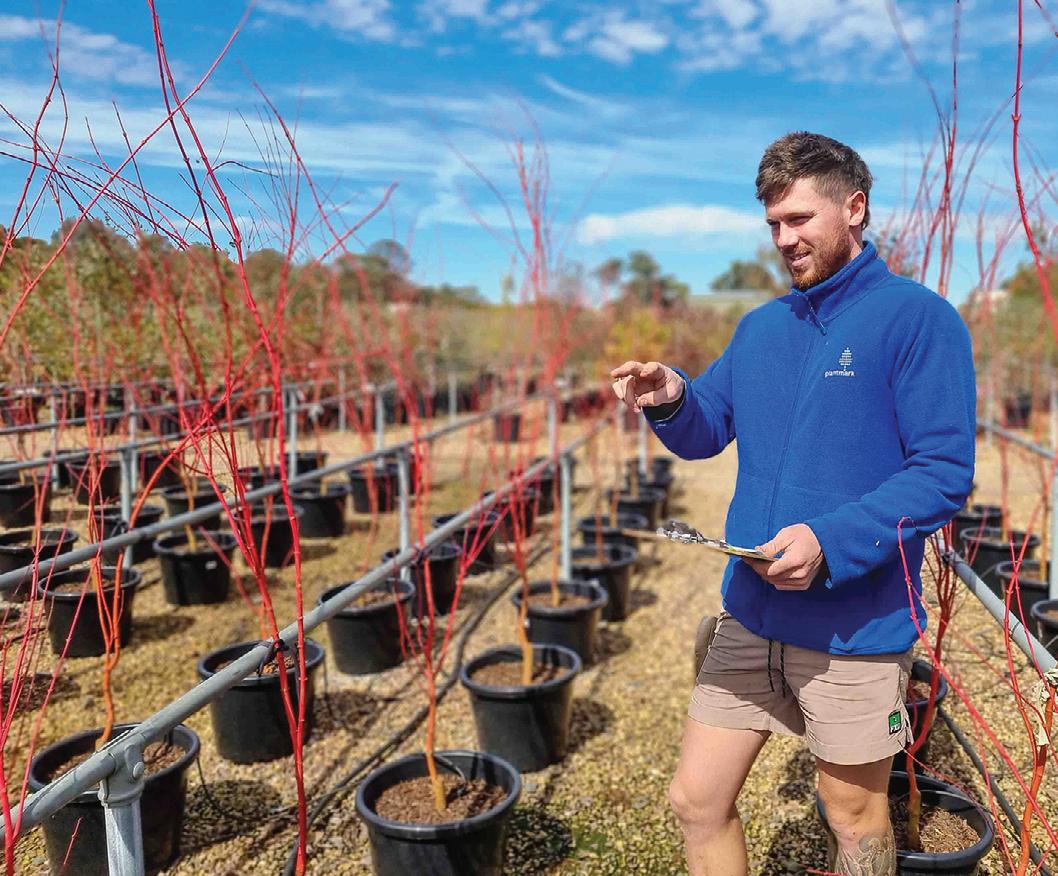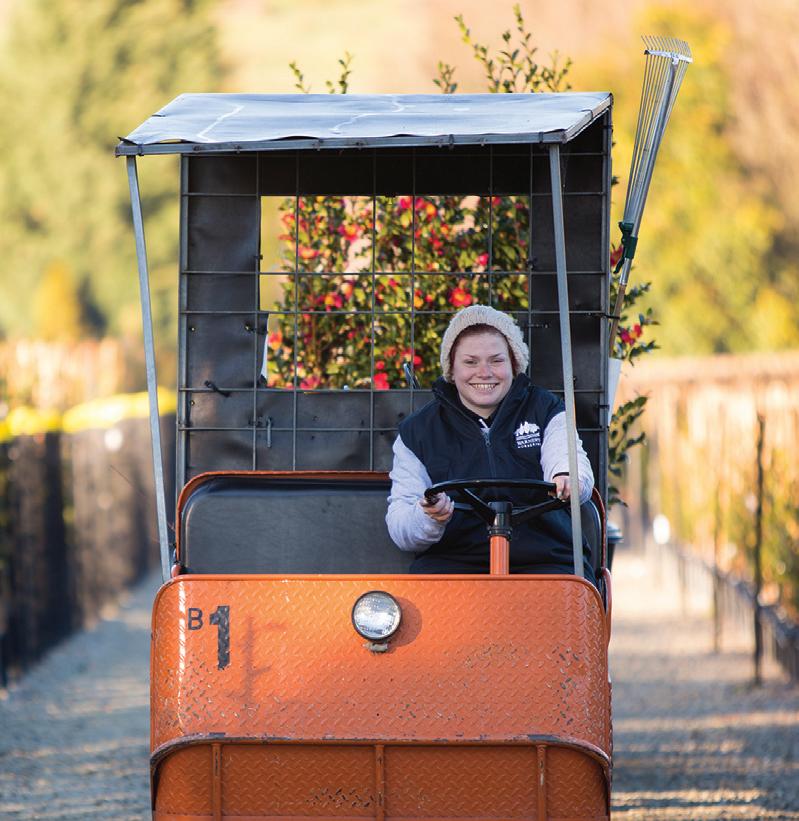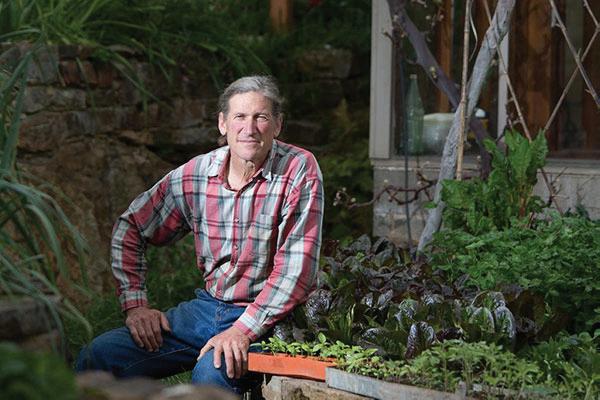
2 minute read
STRATEGIC PLAN TO 2025
Early in 2022, the directors of Nursery & Garden Industry Victoria (NGIV) decided it was time to reassess our strategic plan given the current plan was developed back in 2019 and having spent the last two years navigating the pandemic.
In July 2022, the Board and Staff participated in workshops with the goal of helping shape the association’s strategic framework for the next three years.
We reflected on the past, identified key strategic tasks we delivered, assessed the impact of COVID on our lives and how its changed how we do business. Additionally we undertook some “blue sky” thinking, assessed NGIV’s strengths to understand what we do well and also what makes us unique. We then unpacked opportunities and directed our thinking to the circumstances that NGIV could leverage off for future success
It was acknowledged that NGIV often punches above its weight for the resources at its disposal. COVID distractions were problematic for all businesses and industry bodies but NGIV shone through with consistent communications to help members and, if the office didn’t know the answer, our staff would find it. We ensured our industry could continue to trade when other sectors were closed down.
NGIV’s advocacy endeavours told a great story and, while often appearing intangible, the membership recognised the value evident during the pandemic. Members are telling us they regard NGIV membership as critical to their business success, with our full member numbers rising to over 300 for the first time in eight years.
NGIV is recognised for its professionalism and critical value and contribution to the Victorian economy, reflected by the industry report “Realisation of Growth Opportunities” , highlighting how our members provided the Victorian economy with $2.5 billion of economic worth and employing more than 24,100 people in 2020-21.
We know our industry comprises passionate, professional people, with our products inherently good for society and the environment and offering a solution to many of the problems faced by the modern world.
Nonetheless, there are many challenges facing industry: the impact of rising supply chain costs; labour shortages; attracting skilled labour and ongoing biosecurity concerns.
As we look to the future, there is a number of issues important to our industry and the association in general, with some of the more important ones identified and to be addressed being:
» Continue to establish and maintain relationships with all levels of government and actively advocate to the Victorian State government on NGIV related policy directives
» Raise the profile and awareness of our members, their businesses and the Victorian horticulture sector as an exciting career choice; we can connect people with nature and accommodate all
» Provide a membership-focused service to help grow the membership
» Create a skilled and qualified workforce
» Target the younger generation and implement a physical presence within the school environment
» Support our members to showcase and promote their industry, and utilise MIFGS as the external promotional vehicle
» Enhance our internal systems and processes to improve and track member engagement
» Reassess the brand – do we truly only represent nurseries and gardens or a broader supply chain
» Explore opportunities and increase mutually beneficial alliances that will drive a united green industry.
There is great optimism for the future, and as the industry report highlighted, 75 per cent of survey respondents indicated they expect growth and / or expansion in the next three to five years Your industry body understands this and, through the evolution of NGIV’s strategic plan, will support the desired growth.
However, success can only be achieved by all stakeholders having the determination and resourcefulness to overcome the challenges that face the industry.
Our members make significant contributions to our local economy, wellbeing and the livability of our communities. We will continue to make the case for even further support to drive the highest quality in our supply chains and economic activity.
We need continued teamwork, drive and passion for what we do, and as the revamped statistics indicate, we are not a cottage industry.
We need to ‘think big and act big’.










